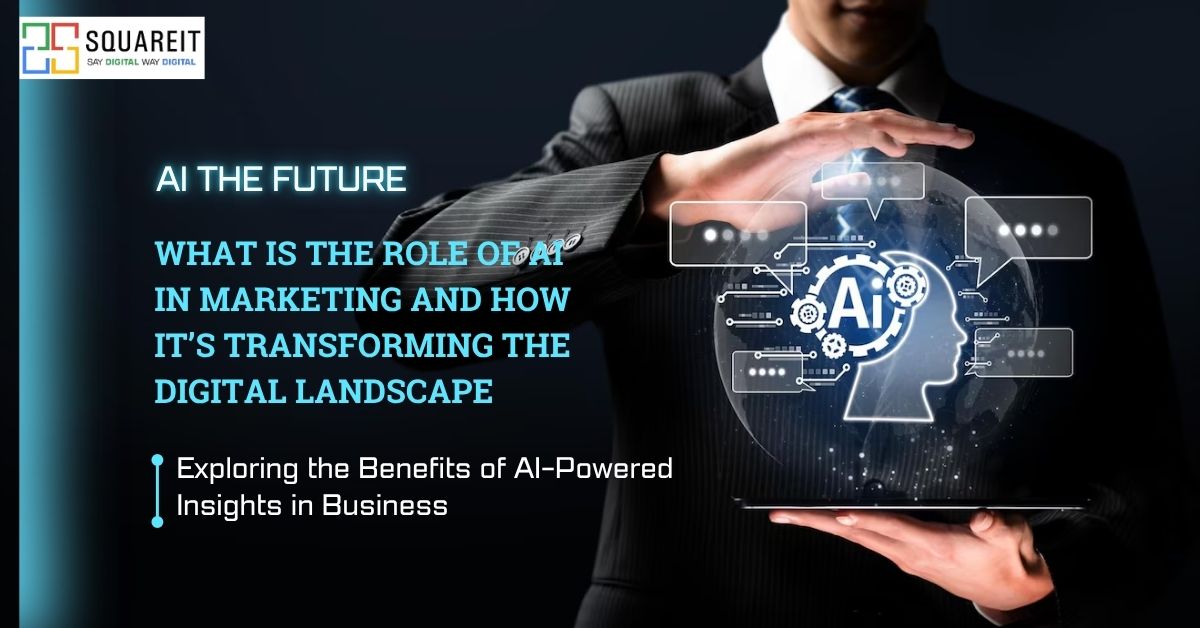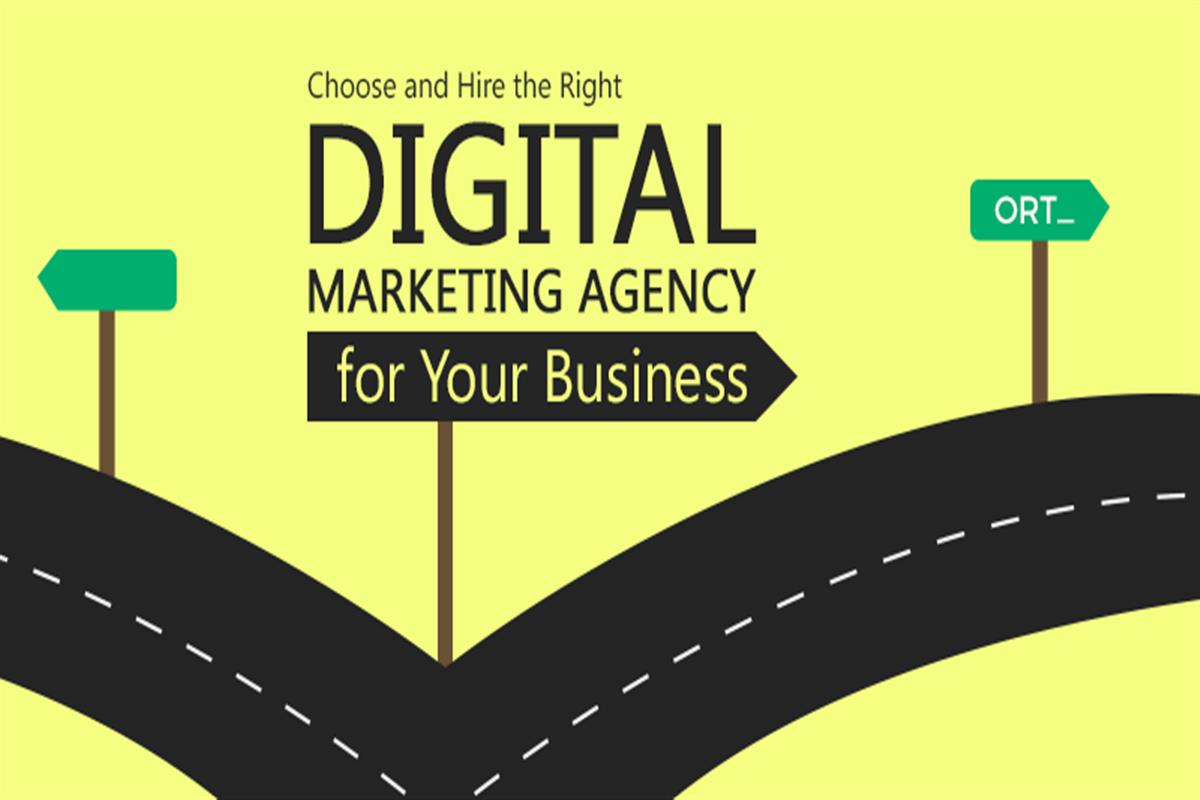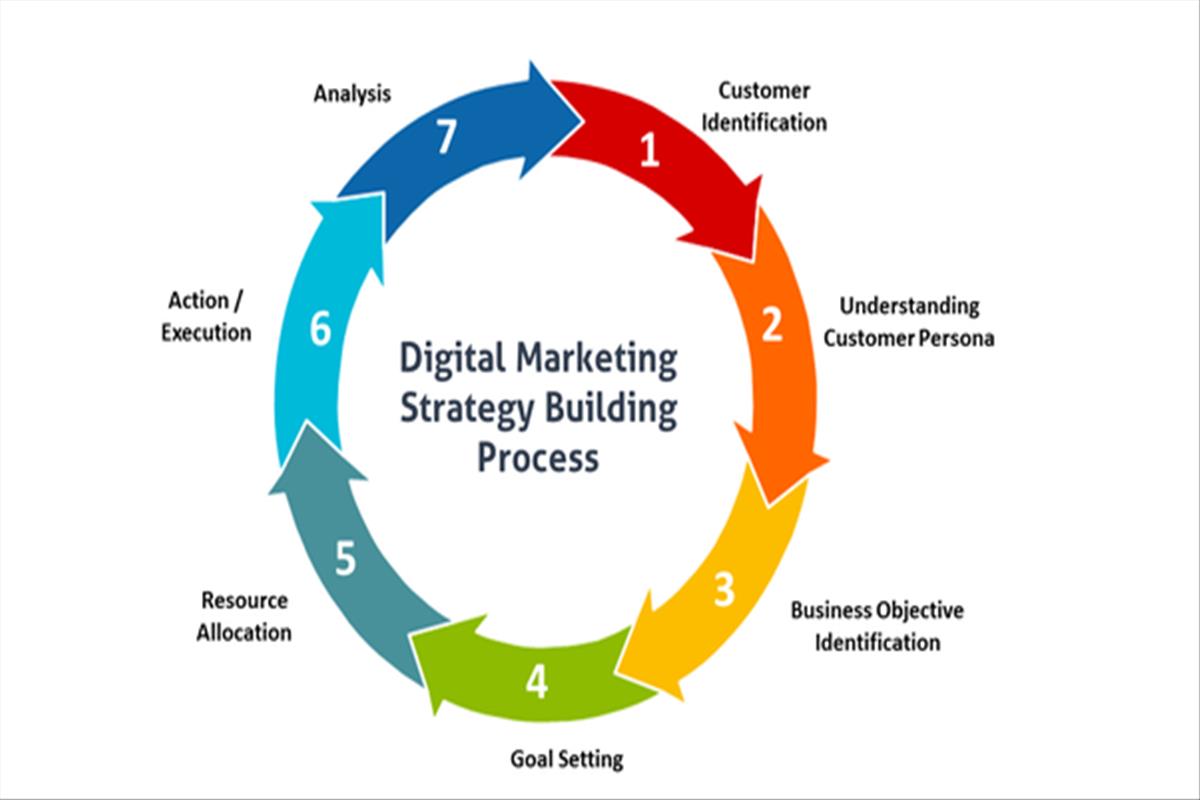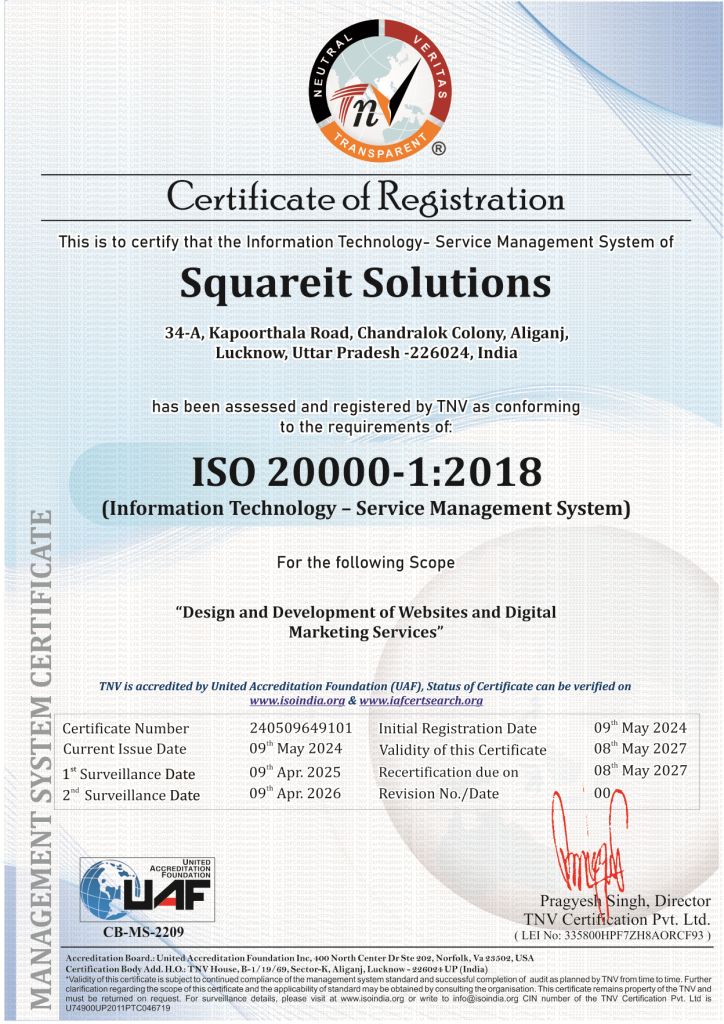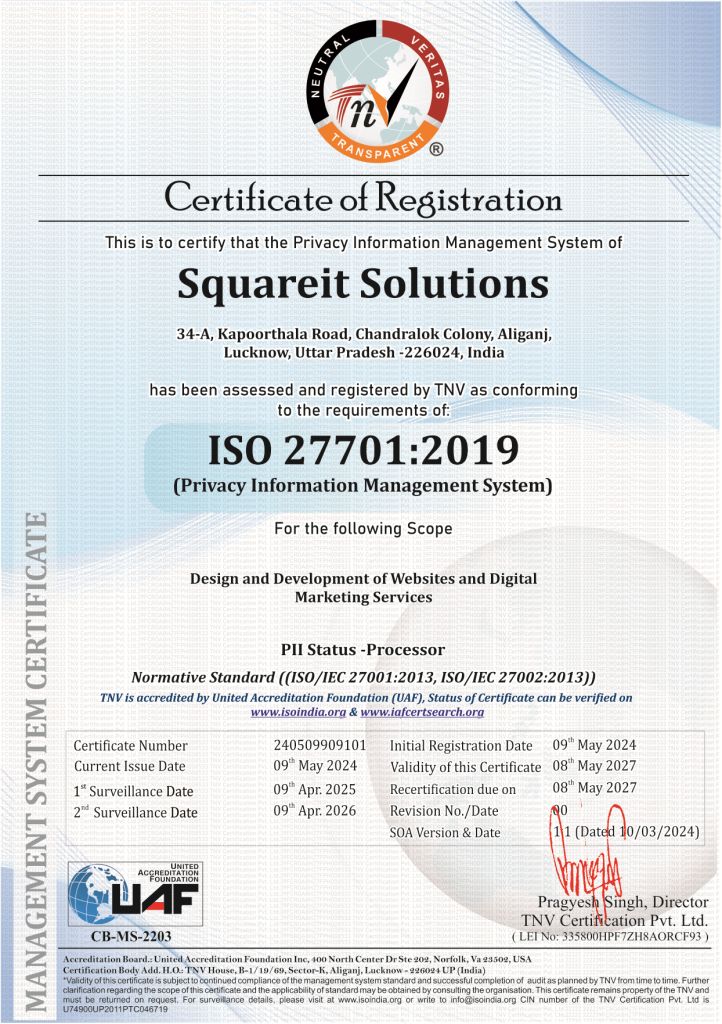AI revolutionizes marketing through automation, personalization, data insights, and smarter, customer-centric digital strategies.
Now more than just a catchphrase, artificial intelligence (AI) is a key component of how businesses connect with, interact with, and win over consumers online. Whether it’s analyzing data, personalizing experiences, or automating tasks, AI is reshaping the way marketers operate in the digital world.
So, what is the role of AI in marketing, and why is it such a game-changer?
Let’s dive into how AI is revolutionizing marketing strategies and reshaping the digital marketing landscape from automation to deep personalization.
What Is AI in Marketing?
In simple terms, AI in marketing refers to the use of machine intelligence to make data-driven decisions, automate processes, and personalize interactions. This includes:
- Machine Learning (ML): Learns from customer behavior to improve targeting.
- Natural Language Processing (NLP): Makes voice assistants and chatbots work.
- Predictive Analytics: Forecasts trends and customer preferences.
- Computer Vision: Enhances image and video analysis for marketing.
These tools help marketers deliver more relevant content, ads, and customer service—boosting efficiency and ROI.
From Automation to Personalization: The AI Marketing Shift
The first marketing tools were automated software that planned social media updates or emails. But AI has taken this to a whole new level—allowing brands to create personalized experiences for each customer based on real-time data.
Comparison: Automation vs. Personalization with AI
With AI, brands can go beyond "one-size-fits-all" to create truly customized user journeys that drive engagement and loyalty.
How AI Is Transforming Digital Marketing
Let’s explore exactly how AI is transforming digital marketing and making campaigns smarter, faster, and more impactful:
1. Predictive Analytics
AI can analyze historical and real-time data to:
- Predict future buying behavior
- Identify high-value customers
- Optimize campaign performance
2. AI-Powered Chatbots
Smart chatbots powered by NLP:
- Provide 24/7 customer support
- Answer FAQs instantly
- Guide users to products or services
3. Content Creation and Optimization
AI tools can help:
- Generate SEO-friendly blog content
- Write ad copy and email subject lines
- Suggest trending topics based on audience interests
4. Programmatic Advertising
AI automates real-time ad buying and targeting by:
- Analyzing user data to show the right ad at the right time
- Improving click-through rates and conversions
5. Visual and Voice Search
AI enhances search marketing by:
- Optimizing for voice queries using NLP
- Recognizing images for product tagging and recommendations
These advancements prove just how deeply AI is transforming digital marketing in 2025 and beyond.
Key Benefits of AI in Marketing
Wondering why so many brands are adopting AI in their marketing strategies? Here are the biggest benefits:
- Smarter Targeting: Deliver messages to the right audience at the right time.
- Time-Saving Automation: Eliminate repetitive manual tasks.
- Data-Driven Insights: Based on real-time statistics, make well-informed choices.
- Personalized Customer Experiences: Improve satisfaction and retention.
- Higher ROI: Better results with optimized campaigns.
The role of AI in marketing is clear—it improves performance, efficiency, and customer connection.
Real-World Examples of AI in Marketing
Here’s how top brands are using AI to their advantage:
- Netflix: Depending on your viewing history, makes show recommendations using AI.
- Amazon: Suggests products dynamically based on your searches and purchases.
- Starbucks: Offers personalized deals using predictive analytics in its app.
- Sephora: Has an AI beauty assistant that suggests makeup shades.
These examples show how AI enhances personalization, improves decision-making, and drives customer loyalty.
Challenges and Ethical Considerations
While AI offers amazing opportunities, marketers should be mindful of:
- Data Privacy Concerns: Ensure compliance with GDPR and data laws.
- Bias in Algorithms: Poorly trained AI can produce biased results.
- Over-Automation: Don’t lose the human touch in your brand voice.
- Dependency on AI Tools: Balance AI use with creative strategy.
Using AI responsibly is crucial for long-term success and trust.
Future Trends: What’s Next for AI in Marketing?
AI will continue to evolve in the digital marketing space. Here’s what to watch for:
- Hyper-Personalization: Real-time, dynamic content tailored to individual users.
- Emotion AI: Understanding human emotions to respond appropriately.
- AI + AR/VR: Better e-commerce and engaging brand experiences.
- AI in Video Marketing: Auto-generated personalized video messages.
By staying ahead of these trends, brands can lead the way in next-gen marketing experiences.
Conclusion
What is the function of AI in marketing, to sum up?
It’s to empower marketers with smarter tools to automate efficiently and personalize effectively.
As AI continues to mature, it will redefine the way brands connect with customers, helping create faster, smarter, and more meaningful digital experiences.
The moment to include AI into your marketing approach is now if you haven't already. Because digital marketing isn't just going to be digital in the future—it's going to be intelligent.
FAQs
1. What function does AI serve in marketing?
AI in marketing helps automate tasks, personalize customer experiences, and analyze large data sets to make smarter business decisions.
2. How is AI transforming digital marketing?
AI is transforming digital marketing by powering chatbots, generating content, improving ad targeting, and optimizing campaigns through predictive analytics.
3. Which AI tools are used in marketing?
Popular AI marketing tools include ChatGPT, Jasper, HubSpot AI, Salesforce Einstein, and Adobe Sensei.
4. Is AI in marketing effective for small businesses?
Yes, AI tools are now accessible and scalable, making them ideal for small businesses looking to automate and grow efficiently.
5. Can AI replace human marketers?
No. AI enhances a marketer’s ability to work smarter but cannot replace creativity, emotional intelligence, and strategic thinking.

